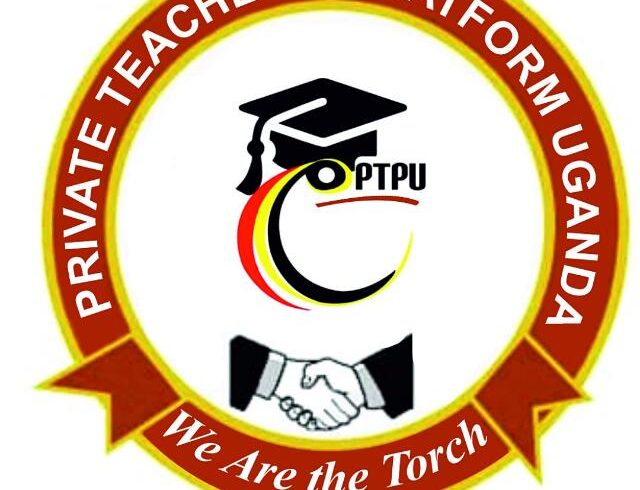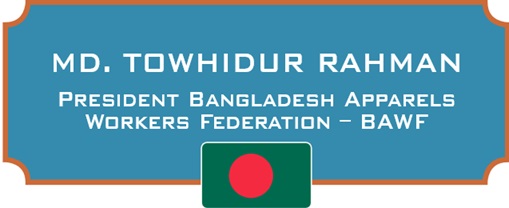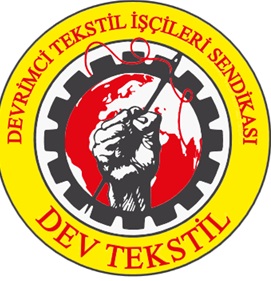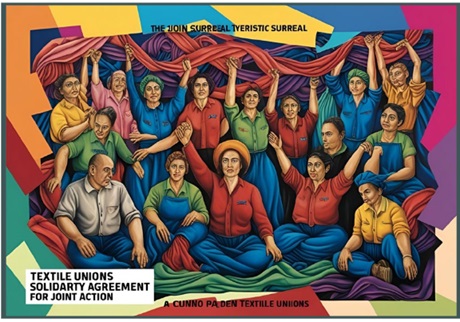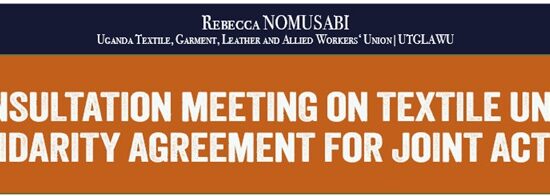KANGAVE MUDI
National chairperson private teachers platform Uganda
Uganda’s education sector was liberalised at all levels. These are Nursery/ kindergarten that takes three years (3-6years) Primary takes seven years (7-13years) Secondary takes six years (o’level four years and A‘ level two years). 14-20years. Tartiery/ University that depends on the course. Above twenty years.
Schools are categorised into public, private international and the others that handle the national curriculum. Private schools are owned as businesses. That is individually, in partnership or by organizations. Some are faith based. The funding in the private schools is entirely from the propriators and their partners.
This greatly affects the performance and efficiency of these schools as they handle the majority of the learners in urban and peri urban setting. The education review commission was instituted to make findings and make some recommendations.
Most private schools lack adquate funding, school management commitees,and Board of Governors, qualified teachers, up to date text books and many others.
The government should consider having public-private partnership to ease and improve the education sector.
The ministry of education and sports in 2019 passed the Teacher policy which mandates every teacher to have a minimum qualification of a bachelor’s degree. Most teachers are either diploma or certificate holders. This greatly shakens the security of teachers in private schools.
Most teachers can not afford paying for upgrading since they earn meagre salary. However, Private teachers platform Uganda started a campaign of getting individuals, companies and well wishers to help in funding for teachers education. This is both in Uganda and outside Uganda. All well wishers are highly welcome.
The governance role of inspection is not done well in the private sector. The medium of instruction in most Uganda’s schools is English. However, the set up commission recommeds as below, they are proposing that up to P4, all learners be instructed in their
mother language with English being taught to them as one of the subjects. In other words, all the subjects should be taught in the mother tongue with the exception of the English language itself. Then from P5 onwards, English becomes the language of instruction for such learners.
That going forward, every learner should learn and become fluent in at least three languages, namely English, Kiswahili, which is the 2nd official language, and another, which has to be that child’s mother language. This has to be a Ugandan language. The national
ID and NIN number should be used more through the school system as an identifier tool for every learner.
When it comes to education financing, the Commission recommends that 7% of Uganda’s GDP be invested in education/sports and annually 20% of the national budget. That the identified gaps in our education system will only be effectively addressed if funding of education is significantly improved.
When it comes to education financing, the Commission recommends that 7% of Uganda’s GDP be invested in education/sports and annually 20% of the national budget. That the identified gaps in our education system will only be effectively addressed if funding of education is significantly improved.
Special needs children. There are several children in private schools that have visual impairment, auditory impairment, hearing impairment or physically handicapped. Therefore all teachers ought to be trained in special needs education aspects, among
other reforms aimed at strengthening teacher education and making the teaching profession more attractive. Teachers’ salaries too should become tax-exempt to make the job more attractive.
The education ministry should continue playing the leading role in the training of medical and dental personnel, as the Ministry of Health handles trainees’ internship and deployment aspects. The report also recommends that those things of having the category called provisionally licensed universities should end and instead require private universities’ investors to meet all the minimum requirements at their commencement. It also demands more financial and operational independence, or autonomy, for all public universities.
The loan scheme for University students The loan scheme should be strengthened and realigned to bene- fit Uganda’s financially most vulnerable students who will never have a hance under the merit-based system
The creation of the national teacher council should have a significant and clear representation from the private sector. The idea is to have the teaching profession become better regulated, as is the case with auditors, accountants, lawyers, aviation workers, medics, surveyors.
The feeding of all children or learners at school is entirely on the school. The government should atleast contribute towards the feeding of learners. the government closely working with parents should make the school earning environment attractive be- cause this is the only way to tame high dropout cases so that learners complete their full education cycle or chain.
eachers in private schools are not considered in government development programs like Emyooga and Parish development model(PDM). This can help teachers have side incomes like investing in agriculture. The PDM should be leveraged to increase community-level agricultural production so that all the school food can be produced from the community where the school is located. This directly boosts the economy and adds meaning to the PDM objectives as community members’ agricultural produce is assured
of a ready market. Children can’t keep in school and effectively learn on an empty stomach. It’s the reason they keep dropping out as opposed to completing the entire cycle.
Need to change the education cycle. basic education is redefined to cover a total of 11 years, namely 1 year for nursery/pre-primary, 6 years for the primary cycle, and another 4 years for the O’level. That PLE be abolished so that in those 11 years, learners only
undergo school-based continuous assessment as they prepare for their pioneer national examinations’ sitting, which should only happen after S4 or O’level. The subsequent 2 years should be dedicated for A’level and another 3 for tertiary. Education at all levels should have both the academic and technical/practical aspects to balance good grades with the relevant skilling. The pre-primary must become compulsory for all learners (aged 5-6 years), and it is only after nursery education that one gets eligible to join P1
for the primary journey to commence. The report recommends policy reversals so that the government gets fully involved in funding and investing in pre-primary education as opposed to leaving the same for the private sector. Finally, the education sector in private schools can progress well if the above challenges are addressed.

